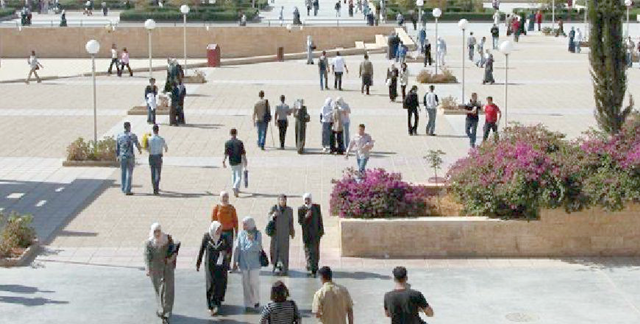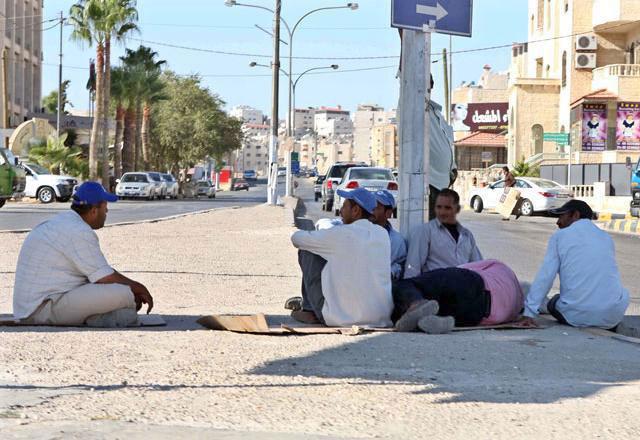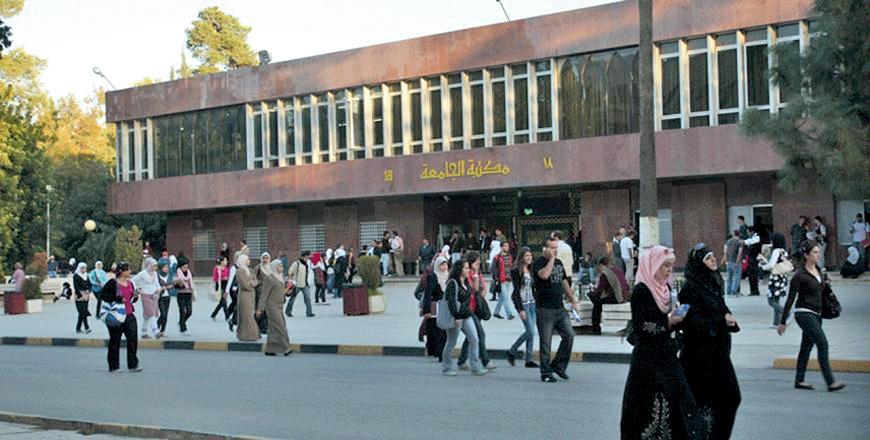You are here
0.4% drop in unemployment rate in Q4 2022 — DoS
By JT - Feb 28,2023 - Last updated at Feb 28,2023

In its quarterly report on unemployment, the Department of Statistics said 20.6 per cent of men were unemployed during the last quarter of 2022, compared with 31.7 per cent of women (File photo)
AMMAN — Jordan's unemployment rate went down by 0.4 per cent in the last quarter of 2022 compared with the same period in 2021, reaching 22.9 per cent, the Department of Statistics (DoS) announced on Tuesday.
In its quarterly report on unemployment, the DoS said 20.6 per cent of men were unemployed during the last quarter of 2022, compared with 31.7 per cent for women. These figures were 0.8 lower for men, and 1.0 per cent higher for women compared with the same quarter of 2021.
The male unemployment rate rose by 0.1 per cent during the last three months of 2022 but for females declined by 1.4 per cent, compared with the third quarter of the year, the Jordan News Agency, Petra, reported, citing DoS figures.
In comparison to other educational levels, the unemployment rate among university degree holders (unemployed people with a bachelor's degree or higher divided by the labour force of the same academic qualification), increased to 28.4 per cent.
According to the report, 56.9 per cent of unemployed people were holders of secondary school certificates or higher, while 42.7 per cent had lower-level educational qualifications.
Unemployment rates differed by educational level and gender, with 28.3 per cent of unemployed males holding a bachelor's degree or higher, compared with 79.6 per cent of unemployed females.
The unemployment rate among 15-24 year-olds reached 47.2 per cent (43.7 per cent for males and 61.9 per cent for females), according to DoS figures.
Mafraq had the highest unemployment rate among Jordan’s governorates, measuring around 27 per cent, while Amman had the lowest rate, at 21 per cent, according to the DoS.
The employed proportion of the total population aged 15 and older was 26 per cent, 60.4 per cent of which were male employees aged 20-39, and 58.9 per cent of which were females in the same age group.
The report also indicated that 69.7 per cent of the overall female workforce held a bachelor's degree or higher, compared with 25.6 per cent of males.
For the last quarter of 2022, the revised economic participation rate (the labour force accounting for the population 15 years and older) was 33.7 per cent (53.6 per cent for males versus 14 per cent for females), compared with 33.5 per cent (53.6 per cent for males and 13.6 per cent for females) in the same quarter of 2021.
Related Articles
AMMAN — The unemployment rate in the first quarter of 2018 stood at 18.4 per cent, up by 0.2 per cent when compared to the first quarter of
AMMAN — The unemployment rate in the Kingdom went down by 0.1 per cent in the third quarter of 2022 to reach 23.1 per cent, compared with th
AMMAN — The unemployment rate soared to 25 per cent during the first quarter of 2021, rising by 5.7 points compared with the same period in













